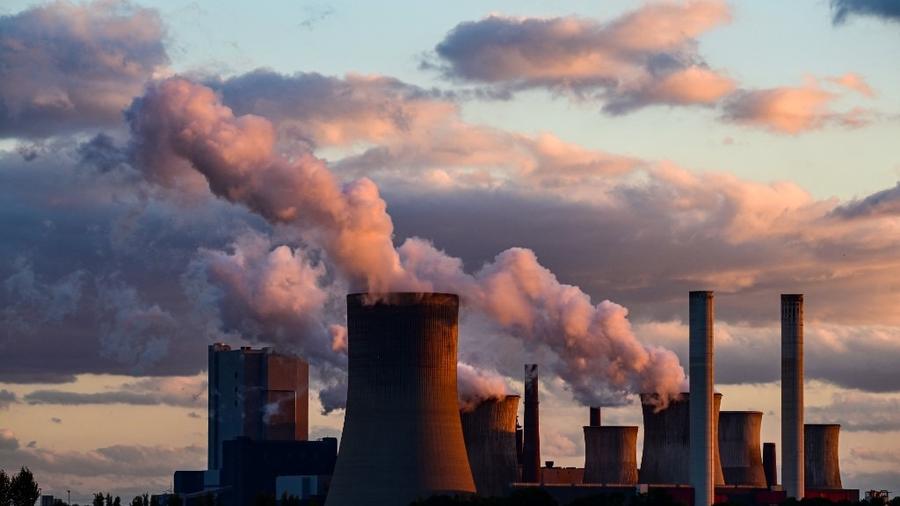 This picture shows the lignite-fired Niederaussem power plant operated by German energy giant RWE near Niederaussem, western Germany on Oct 5, 2022. (PHOTO / AFP)
This picture shows the lignite-fired Niederaussem power plant operated by German energy giant RWE near Niederaussem, western Germany on Oct 5, 2022. (PHOTO / AFP)
LONDON — A global initiative designed to help grow the voluntary carbon market outlined standards on Thursday that it hopes will bring transparency to the $2 billion market, which has struggled for credibility.
Demand for carbon offsets, generated through projects such as tree planting or using cleaner cooking fuel, is expected to grow as companies seek to use the credits to help meet net-zero emissions goals.
Critics of the market cite concerns including poor transparency, a limited supply of credits and questions over the quality of projects
The credits currently trade in an unregulated, voluntary market with many different standards and approaches.
READ MORE: Achieving 'carbon neutrality' entails whole-society effort
"Criteria we are issuing today are an important step towards a transparent, regulated-like market where buyers can easily identify and price carbon credits that meet consistently high-integrity standards,” Annette Nazareth, chair of the Integrity Council for the Voluntary Carbon Market said in a statement.
Critics of the market cite concerns including poor transparency, a limited supply of credits and questions over the quality of projects.
To be eligible to meet the Integrity Council’s Core Carbon Principles (CCP), announced on Thursday, project developers must disclose how each project calculates and quantifies its emissions impact, and how they assess social and environmental impacts.
READ MORE: Report: Record $63b raised from carbon allowance sales in 2022
They must also show how projects meet additionality requirements, which prove the project is additional to any activities that would have taken place even without carbon credit finance. They also need to assess the risk of negative social impacts such as those relating to indigenous people, biodiversity or human rights.
An initial assessment phase for carbon crediting programs to gain eligibility will begin in mid-2023 with the first CCP credit approval expected later this year, the Integrity Council said.
The ICVCM is an independent governance body for the market made up of project developers, academics, NGOs, policy makers, investors and Indigenous people and local communities and credit buyers.


